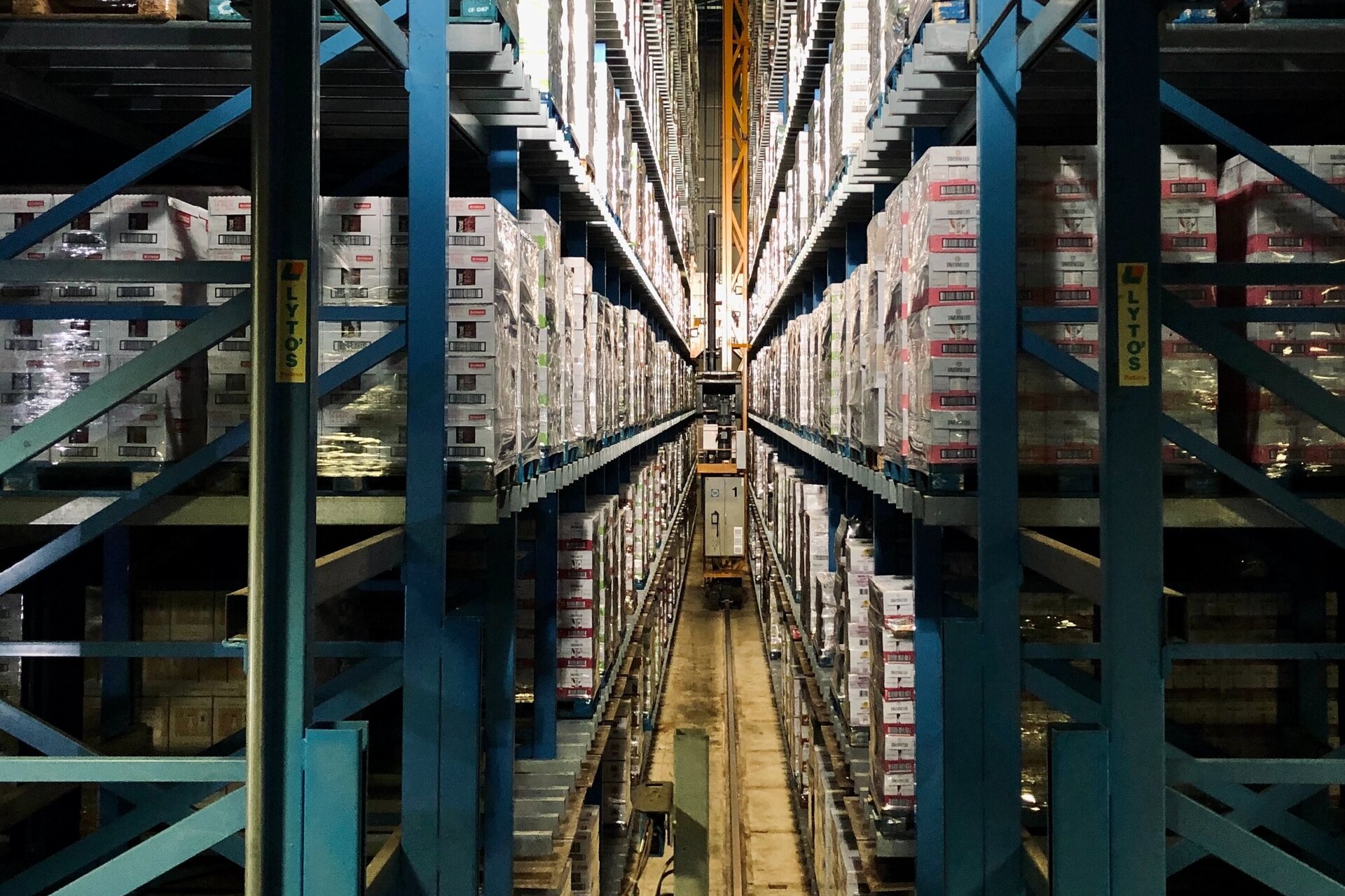Forced Labour Bill

Banning goods produced by forced labour Bill
Summary: the Senate has passed a bill seeking to prohibit the import of all goods produced in whole or in part by forced labour. The Bill, if passed, will have a significant impact on Australian importers.
On 23 August 2021 the Federal Senate passed the Customs Amendment (Banning Goods Produced By Forced Labour) Bill 2021 (‘the Bill’). If passed, the Customs Act 1901 (‘Customs Act’) will be amended to prohibit the importation of goods produced in whole or in part by forced labour. Breach of the ban could result in a penalty of up to $222,000 or an amount three times greater than the value of the goods.
Background
On 8 December 2020 Independent Senator Rex Patrick introduced the Customs Amendment (Banning Goods Produced By Uyghur Forced Labour) Bill 2020. That Bill sought to amend the Customs Act to ‘ban the importation of goods produced or manufactured in the Xinjiang Uyghur Autonomous Region of the PRC, and goods produced or manufactured in the PRC through the use of forced labour within the meaning of the Criminal Code Act 1995’,1 which is a follows:
A victim is in a condition of forced labour if they are not free to cease providing labour or services, or are not free to leave the place or area where they provide the labour or services, because of the use of coercion, threat or deception.2
The Senate Foreign Affairs, Defence and Trade Legislation Committee (‘the Committee’) endorsed the objectives of that Bill, stating that the Uyghur people were being subjected to ‘a grave human rights violation’, by the Chinese government. Further, the Committee asserted that it was ‘incumbent on the government to take steps to ensure that Australian businesses and consumers are not in any way complicit in these egregious abuses’.3
The Committee published their Report in June 2021 with the recommendation that the Customs Act be amended to ban all importation of goods produced by forced labour, as opposed to the geographically specific ban.4 The Customs Amendment (Banning Goods Produced By Forced Labour) Bill 2021 seeks to implement that recommendation.
The Bill, if passed, would add the following provision to the Customs Act:
50A Prohibition of the importation of goods – goods produced by forced labour
The importation into Australia of goods produced or manufactured, in whole or in part, through the use of forced labour (within the meaning of the Criminal Code) is prohibited absolutely.
A breach of the provision would be ‘subject to the penalties that apply to the importation of other goods designated as prohibited imports by regulations made under the Customs Act’.5 Currently, a person convicted of the offence of importing a prohibited good can be subject to a fine up to an amount three times the value of the goods in question (if that amount is known to the Court), or $222,000, whichever is greater. The offence is one of strict liability.6
Next steps for the Bill
For the Bill to come into effect it will need to pass the House of Representatives. The Bill was introduced and read a first time before the House on 23 August 2021, the same day it passed the Senate.7
The Coalition did not support the passing of the Bill in the Senate, despite Liberal Senator Eric Abetz stating that the bill was, ‘worthy of consideration and support in principle’.8 Abetz called for further scrutiny of the proposal, ‘saying it could be difficult for the government and small business to fully understand the supply chain from where a product is originally sourced’.9
It’s author, Senator Patrick, said that the bill was, ‘an important step forward in the international efforts to combat modern slavery’, and that ‘the onus was now on the Coalition government to allow the bill to clear the House of Representatives’.10
The Bill is supported by Labour, the Greens, the Australian Council of Trade Unions, and human rights groups. There are currently seventy-six Liberal and National Party Coalition members in the House of Representatives, compared to sixty-eight Labour Party members, and one Green Party member.
Other Committee recommendations
The Committee made a number of recommendations that are not represented in the Bill, of note are the following.
Technology
The Committee recommended that the government investigate the ‘role that emerging technologies can play in tracing the geographical origin of products and raw materials’.11 Technologies likely to be investigated are, ‘isotope, microbiome, blockchain and other tracing technologies’, that could ‘empower companies and governments to more efficiently and effectively trace their supply chains’.12
Rebuttal presumption
It was also recommended that the Australian Border Force (‘ABF’) be empowered to issue ‘rebuttable presumptions for specific goods, companies, and/or regions with particularly high risk of being associated with forced labour’. It was submitted that all goods produced in Xinjiang or by citizens of Xinjiang employed through ‘surplus labour or labour transfer programs’, should be subject to such a presumption. The Committee supported the government taking steps to consider this suggestion, and, if implemented, recommended that the ABF issue an order for, ‘at a minimum’, cotton sourced from Xinjiang.13
The practice of issuing rebuttable presumptions could be supported by the concurrent introduction of withhold release orders (‘WRO’). WROs are currently used in the United States to allow a person to petition the relevant authority to investigate imports suspected of having been manufactured using forced labour. If the investigation reveals ‘reasonable evidence’, of the import having been manufactured with forced labour, the authority can detain the goods under a WRO.14
Rebuttable presumptions would create more predictability for importers around what goods will be subject to enforcement action and allow civil society to make petitions for WROs against specific importers. Other benefits of the system are that it is more flexible and responsive to changing facts than legislation that stipulates a list of prohibited imports.15
Further regulatory guidance and assistance
The Committee received numerous submissions highlighting the need for the government to provide further guidance to assist businesses seeking to operate without forced labour in their supply chains.16 ‘The Committee recommends the government establish and maintain a list of products or companies considered to be at high-risk of being affected by forced labour’.17
The Committee also recommended: designated resources to the ABF for investigation and enforcement, greater transparency and public access to import data, strengthening the Modern Slavery Act, use of targeted sanctions against individuals and entities implicated in human rights abuses against Uyghurs, and incorporating prohibitions on forced labour into free-trade agreements.18
Ramifications
The Bill, if passed would:
- bring Australia more in line with the US, UK, and Canada, who have all taken steps to address the concerns surrounding the importation of goods manufactured from forced labour (for further details see our article at Supply Chain Risk). The EU is also in the process of analysing options for introducing a ban on products affected by forced labour.
- apply from the time of commencement of the amended law. For companies with long-term procurement contracts, this could mean that goods currently contracted for may be at risk of being designated prohibited imports after the passing of the Bill.
- impact a considerably larger portion of Australian businesses when compared to the current Modern Slavery Act, which only applies to companies with an annual revenue of more than $100 million/year and contains no direct penalties for non-compliance.
Finally, the Bill and Committee recommendations demonstrate the increasing regulatory focus on supply chains and highlight the need for companies procuring goods from overseas to undertake a thorough risk-assessment to reach a high degree of confidence that supply chains are clear of modern slavery.
How we can help
Cite Legal offers market leading expertise with respect to:
- Cross-border transaction and supply chain risk assessment;
- Risk management policies and procedures;
- Whether contractual provisions provide adequate protection;
- Investigations, remediation and crisis management in respect of non-compliance.
For further detail please contact us to discuss or see Supply Chain Risk.
1 Explanatory Memorandum, Customs Amendment (Banning Goods Produced By Forced Labour) Bill 2021 (‘Explanatory Memorandum’), 1.
2 Criminal Code Act 1995, s270.6.
3 Explanatory Memorandum, 1.
4 Senate Foreign Affairs, Defence and Trade Legislation Committee Report on the Customs Amendment (Banning Goods Produced by Uyghur Forced Labour) Bill 2020 (‘The Report’), [5.6].
5 Explanatory Memorandum, Customs Amendment (Banning Goods Produced By Forced Labour) Bill 2021, 2.
6 Customs Act 1901 ss233, 233AB(2); Crimes Act 1914 s4AA; Notice of Indexation of the Penalty Unit Amount, 14 May 2020.
7 https://www.aph.gov.au/Parliamentary_Business/Bills_Legislation/Bills_Search_Results/Result?bId=s1307.
8 Senate Hansard, 23 August 2021, 17.
9 https://www.theguardian.com/australia-news/2021/aug/23/australian-senate-poised-to-pass-bill-banning-imports-made-using-forced-labour.
10 Ibid.
11 The Report, Recommendation 5 [5.20].
12 The Report [3.56].
13 The Report, Recommendation 2 [5.10].
14 The Report [4.6].
15 The Report [4.9] - [4.10].
16 The Report [4.15] - [4.16].
17 The Report, Recommendation 6 [5.23]; [4.20] - [4.21].
18 The Report [4.27], [4.35], [4.36], [4.60], [4.67]; Recommendations 3, 4, 7, 8, 10-13.

